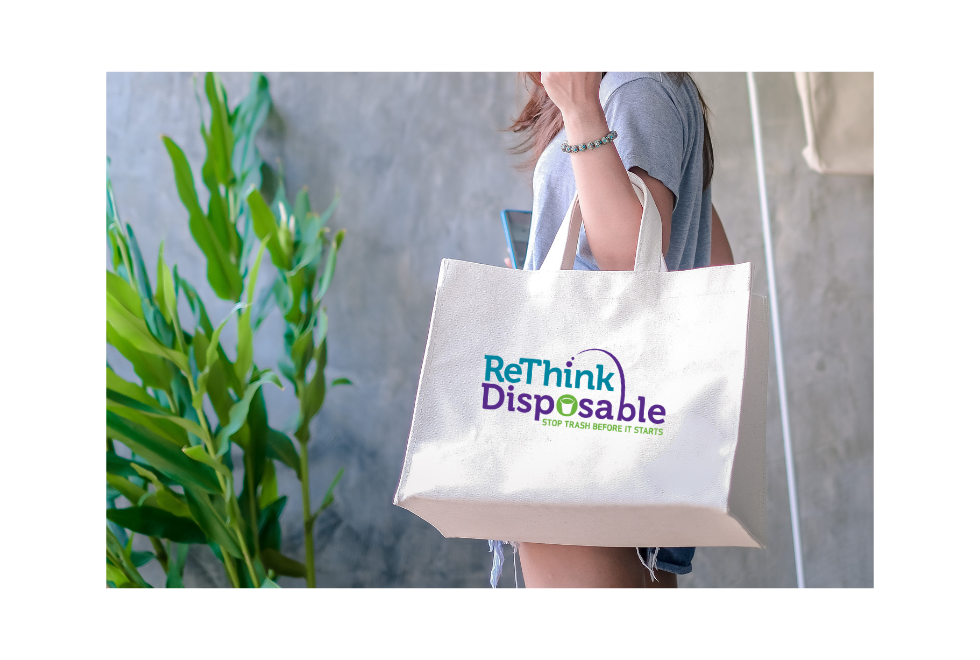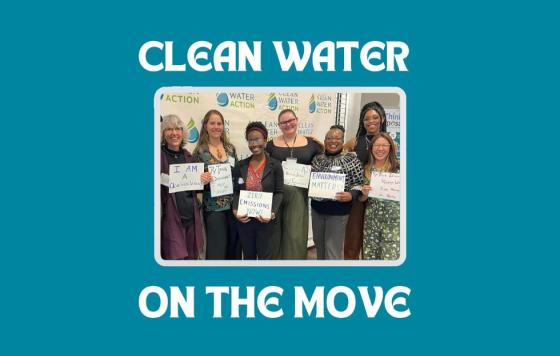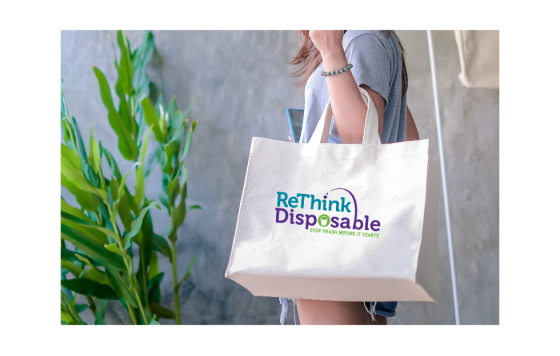
It’s hard to believe that this month 2 years ago we worked together to help get Pittsburgh City Council to pass a ban on single use plastic bags. In celebration of the two-year anniversary, we want to reflect on the ban’s importance, and how we can all continue doing our part to ensure its effectiveness.
Prior to the ban's implementation, an estimated 110 million plastic bags were distributed annually within city limits. Few of them were recycled and most ended up in landfills or as litter that blighted neigborhoods. The bill prohibited businesses within Pittsburgh city limits from distributing bags made of single-use plastic or non-recycled paper. Instead, businesses can distribute paper bags at a cost of no less than 10 cents per bag, which must be reflected on receipts. There are exceptions to help low-income residents avoid unintended burdens by removing the charge for anyone paying with an EBT card or WIC voucher. It took effect on October 14, 2023 and was officially enforced by the city on January 1, 2024
The concept behind the ban is to encourage the use of sustainable reusable bags and to reduce the volume of single-use plastics in the city's waste streams. In this aim, it has largely been successful. According to the Pennsylvania Resource Council, 93% of shops such as grocers, convenience stores, and clothing and electronics stores are now compliant. But compliance in the restaurant industry is lower, with only 67% of restaurants surveyed acting in accordance with the ban. This is largely due to plastic bags used in takeout and delivery orders, showing that while the ban's implementation has largely been smooth, the city has more work to do.
There’s also more we can do to help ensure that the ban is successful. Enforcement is partially complaint-driven, so if you see businesses within city limits that are not compliant with the bag ban you can anonymously report them by calling 311. The complaint will be reviewed by enforcement officers from the city, who will follow up with the business in question by educating them on the policy and giving them time to take the necessary steps to comply.
Another way to help the ban succeed is to use sustainable reusable bags for all of your shopping, and to reuse them for as long as possible. Make sure that your reusable bags are made from canvas material instead of plastic. Reusable bags are resource-intensive to produce, so they must be used repeatedly in order for their net environmental impact to stay low. Using reusable bags through their entire lifespan, mending torn or damaged bags rather than throwing them away, donating excess bags or sharing them amongst your community, and making sure that you continue to reuse bags rather than repeatedly purchasing new ones will help your environmental footprint to stay low.
Learn more about our work to reduce waste in Pennsylvania's communities here!


